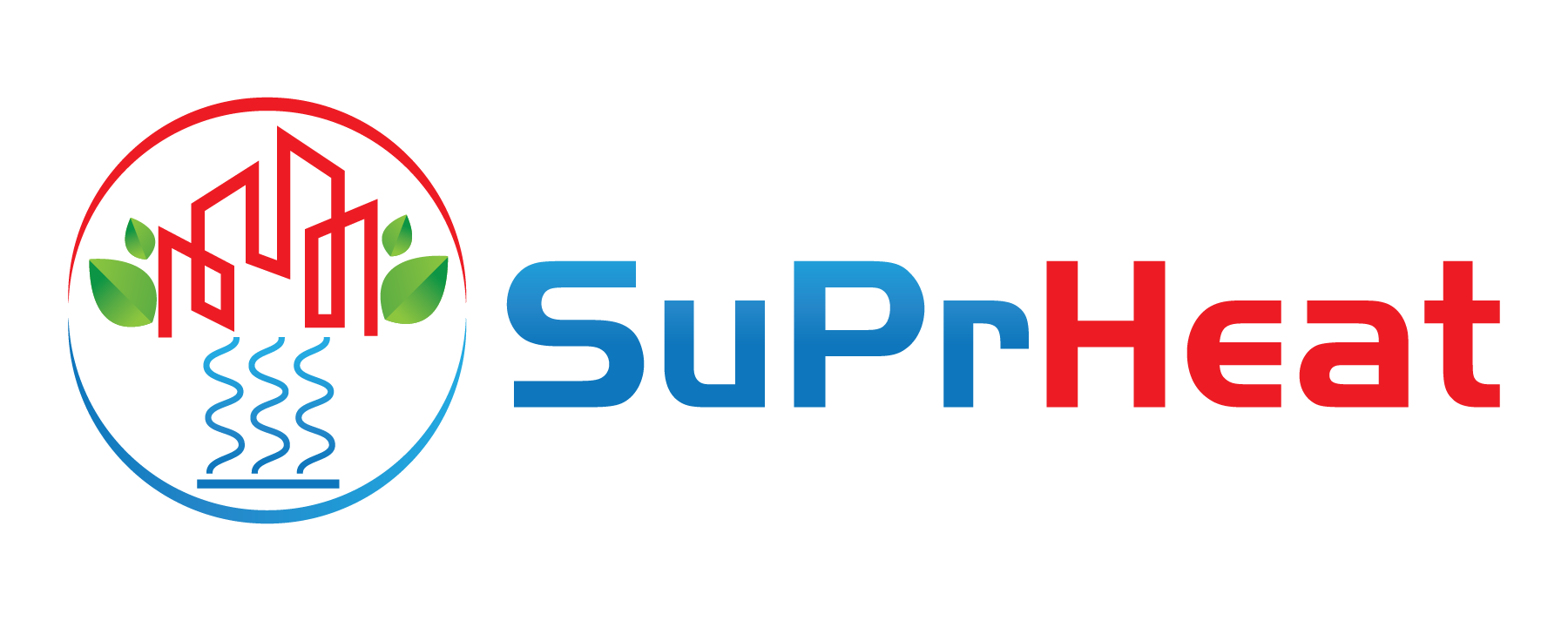
Modular and Flexible Design
Modularity and flexibility are crucial aspects of technology design when reaching for the highest performances at a variety of applications.
Reaching the optimal performances require the selection of the optimal heat pump technology. It is obvious that there is no heat pump technology which provides optimal performances for all applications, which makes it necessary to develop a conclusive portfolio of multiple technologies. One of the main characteristics of heat pump systems is the temperature profile of the working fluid, which should match with the process heat demand most optimally in order to keep losses from the heat transfer at a reasonably low level.
This project aims at exploiting the peculiarities of natural refrigerants with respect to the development of a concise portfolio enabling the highest performances at a variety of applications. In this context, R718 (water), R744 (CO2), and the group of hydrocarbons were selected as working fluids.

The steam compression systems are expected to provide the highest performances in applications with low temperature glides such as evaporation processes or central steam boiler replacements. Under certain circumstances, a steam compression system may also be a beneficial choice in applications with larger temperature glides, even though this might require a steam supply network operating with multiple pressure levels.
The hydrocarbon system is expected to provide promising performances in applications with moderate temperature glides such as hot water production. The use of zeotropic mixtures of hydrocarbons could extend the range of operation and might be used to enlarge the range of operation.
The CO2 system will mostly operate in the gas phase as a reversed Brayton cycle, and it is intended for applications with large temperature glides such as spray drying processes.
